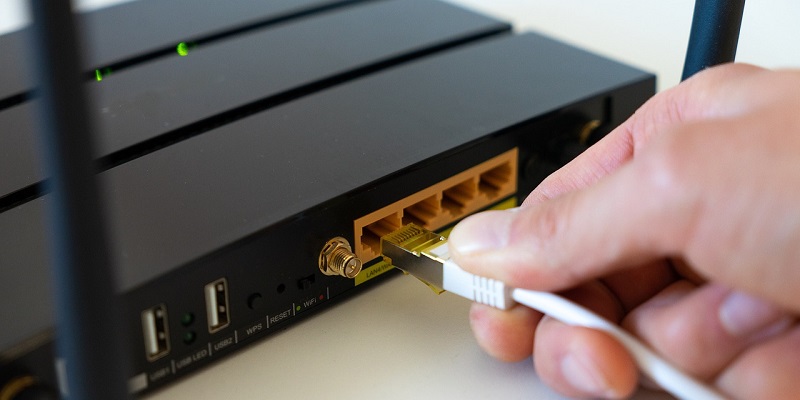In this digital age where seamless connectivity is paramount, a networking device called a router plays a crucial role in ensuring reliable and fast internet connections. By redirecting data packets from one computer network to another, routers enable seamless communication between devices and the rest of the world. This article aims to provide a comprehensive guide on the importance of choosing the right router, considering various factors, and exploring alternative solutions to meet your specific networking needs.
The Importance of Bringing Your Own Router
Bringing your own router is a wise decision that can significantly impact your networking experience. Apart from avoiding dependence on subpar ISP-provided routers, having your own router allows you to establish a reliable and fast network. With greater control over your network settings, security options, and customization possibilities, you can optimize your connection and have better control over your online activities.
Types of Routers
Understanding the different types of routers available in the market is essential for making an informed decision. Wired and wireless routers cater to specific preferences and network requirements. Additionally, edge routers are ideal for facilitating communication between different networks, while core routers enhance the performance of large-scale networks. Virtual routers offer flexibility by virtualizing routing functions on software platforms, making them suitable for virtualized environments.
Choosing the Right Router for Your Needs
Selecting the right router requires careful consideration of several factors. Firstly, establish a budget that aligns with your networking requirements. Ensure that the router you choose is compatible with your Internet Service Provider (ISP), ensuring seamless integration. Consider the supported speed of the router to match your desired bandwidth, and check for compatibility with the latest Wi-Fi standard to guarantee optimal performance.
Alternatives to Routers
While routers are the go-to option for establishing networks, there are alternative solutions available. Powerline adapters transform electrical wiring into network cables, Wi-Fi repeaters extend the range of an existing wireless network, Multimedia over Coax Alliance (MoCA) utilizes coaxial cables to create network connections, and access points provide wireless coverage in specific areas. These alternatives can be helpful in situations where traditional routers are not the most feasible option.
Expansion of Wi-Fi Coverage
If your existing Wi-Fi coverage is limited, Wi-Fi extenders can be invaluable. These devices amplify and spread Wi-Fi signals to areas with weaker signals, ensuring consistent coverage throughout your home or office. By placing them strategically, you can overcome potential dead spots and enjoy an uninterrupted connection seamlessly.
Researching and Selecting a Router
Before investing in a router, it is crucial to conduct thorough research. Consider the specifications, such as processor power, RAM, and the number of antennas, to ensure optimal performance. Determine the range and frequency of the router to match your desired coverage and avoid interference from other devices. Lastly, choose a router with the appropriate speed to maximize your Internet connection potential.
The Gateway Role of a Router
A router serves as the gateway between devices and the internet, facilitating communication within the network and with the outside world. By managing data packets and directing them to their intended destinations, routers enable devices to send and receive information, ensuring seamless connectivity.
Maximizing Wi-Fi Speed and Internet Connection
By selecting the right router, you can unlock the full potential of your Wi-Fi speeds and optimize your internet connection. With faster speeds and a stable connection, you can enjoy smoother online browsing, streaming, gaming, and file transfers. A well-chosen router enhances the overall networking experience and improves productivity in today’s connected world.
Choosing the right router is crucial for establishing a reliable, fast, and secure network. By considering factors such as budget, ISP compatibility, supported speed, and Wi-Fi standards, you can make an informed decision. Alternatives to routers, such as Wi-Fi extenders, provide additional options for expanding coverage. Conducting extensive research and understanding the role of routers as gateways will empower you to maximize your Wi-Fi speeds and internet connection. Make a wise choice in selecting a router and enjoy a seamless networking experience that meets your specific needs.

